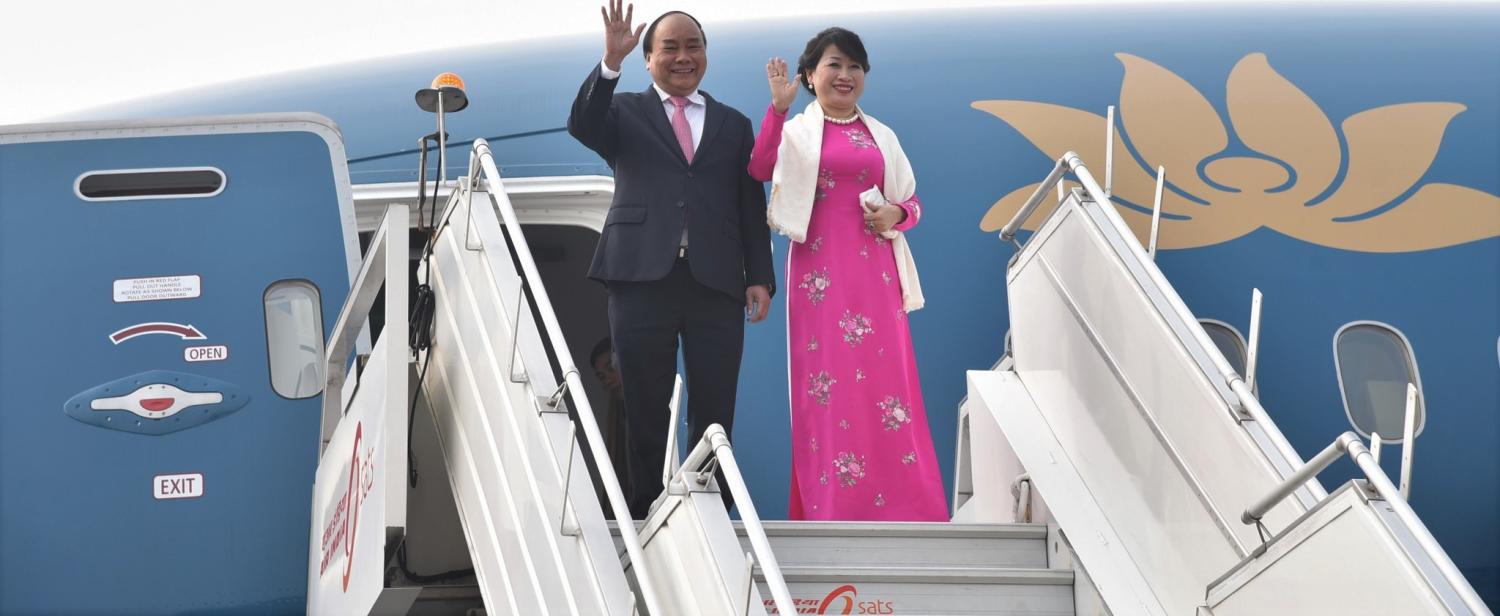By John Gooding, Digital Editor at the Lowy Institute and Associate Editor at The Interpreter.
This week Turkey began "Operation Olive Branch", an incursion into Kurdish-controlled Syrian territories, after President Recip Tayyip Erdogan harshly criticised the mooted notion of a US-backed Syrian border force. Wayne McLean on why Erdogan's outbursts hint at his country's diminished geopolitical situation:
When Erdogan states that he would 'crush' any US 'terror army', he should perhaps re-examine the broader dynamics at work, asking why such an army might emerge, and to what extent he is responsible for its making.
Rodger Shanahan on Washington's good tactics and non-existent strategy when it comes to Syria:
The Turkish incursion simply highlights the problems that any Washington policy on Syria will face once the mission to defeat ISIS concludes. The allied force Washington has assembled is an amalgam of different ethnic and tribal groups, all of which know that US forces will have to leave eventually. The allied force's propensity to fragment, as the Syrian Government and its allies negotiate directly or indirectly with its separate elements, is high.
Last week Prime Minister Malcolm Turnbull and his Japanese counterpart Shinzo Abe met in Japan. H.D.P Envall on a noteworthy but not newsworthy encounter:
Pity the news subeditor in summertime Australia. It’s January, the days are languid, and even the Trump administration can’t fill the entire World News section. Unsurprisingly, then, some headlines published in the lead-up to last week’s meeting between Malcolm Turnbull and Shinzo Abe, with its prospect of a new security deal, were overhyped.
With its focus on "great power competition", the new US National Defense Strategy may contribute to putting an end to Australia's habit of sitting on the fence, argues Greg Colton:
Australia may well be forced to choose between the US and China sooner than it would like. Therefore, Australia needs to think about this now. Otherwise it may not know which way to jump when sitting on the fence is no longer an option.
In a bad omen for 2018, last year saw the arms race in missiles escalate across Asia, writes Brendan Thomas-Noone:
In all likelihood, maintaining strategic stability in 2018 will only become more difficult.
Euan Graham on what to make of Australian Foreign Minister Julie Bishop's absence at a China-less meeting on North Korea:
Australia, like the US, maintains that China has a unique role in finding a solution to the North Korean threat. Yet if Canberra did indeed succumb to such browbeating efforts by Beijing, on what the US currently identifies as its most urgent regional security concern, what does this say about where Australia’s allegiance lies?
The Vietnamese public are less convinced of the merits of their corruption crackdown than their Chinese neighbours are, argues Huong Le Thu:
While many in Vietnam welcome the crackdown on prevalent corruption, others see only the ripples of a fierce power game within the Party.
John Edwards looks at what a US–China trade war might entail:
The problem for the global economy is not what the Trump administration has done so far. It is what it may contemplate doing next.
On 26 January, ASEAN leaders were the chief guests at India's 69th Republic Day celebrations. Although it's rarely mentioned explicitly, China is a significant factor in India's championing of ASEAN, writes Chietigj Bajpaee:
India's ASEAN commitment reflects an ambition to create a bulwark against the emergence of a Sino-centric regional order.
Graeme Smith on China's dubious crime statistics and policing practices:
When Australian police look to engage with their Chinese counterparts, they need to be aware of these realities. Serving the Party does not always equate with serving justice, and even that may come second to a range of other incentives, few of which will be visible to outsiders.
Indonesian President Joko Widodo's promise to move the nation's capital from the crowded confines of Jakarta is a familiar refrain, writes Febriana Firdaus:
Over the years, Indonesian politics demonstrates that talk of moving the capital is really more of a distraction than a genuine plan. To save it from downfall, the 'Great Victory' city needs political will far more than another round of talks and false hope.
Kate Harveston on US President Donald Trump's obsession with Hillary Clinton:
The most constructive question to ask at this point is not whether, or to what extent, Trump is personally invested in the daily life of his erstwhile rival. Far more worrying is the long shadow this sideshow is beginning to cast on the future of policy discussion in America.
And finally, Michael Belgrave on the differing characteristics of Antipodean national days:
When New Zealand decided early in the federation deliberations of the late 19th century to be an observer rather than a participant, New Zealanders were saved from Australia Day.
